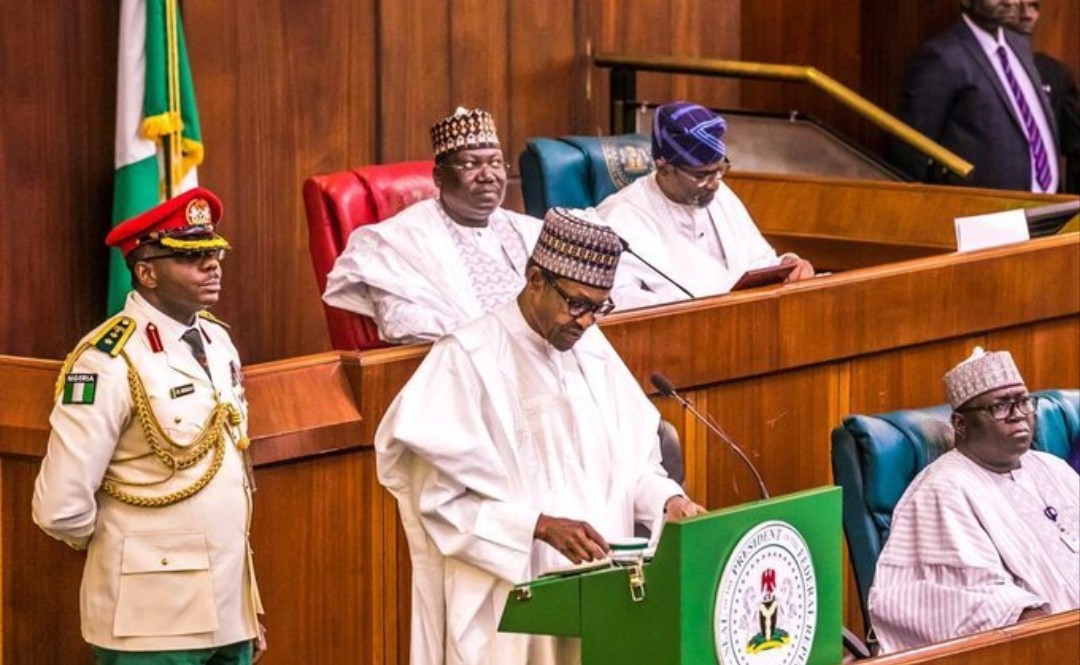There are no products in your shopping cart.
| 0 Items | £0.00 |


PRESIDENT Muhammadu Buhari has presented Nigeria's most ambitious budget ever to the National Assembly when he unveiled a record-breaking N13trn ($33.68bn) package before lawmakers this morning.
Historically, Nigeria's budget has averaged between $20bn and $25bn but for 2020, the federal government presented a radical one of $28.8bn. However, these budgets are still highly inadequate as Nigeria has an annual infrastructural investment deficit of $100bn and despite being Africa's largest economy, her budget is still smaller than that of several continental partners.
South Africa has an annual budget of$103bn, Algeria has one of $70bn, Egypt's budget is $55bn, Angola has a $44bn, while Morocco's budget is $30bn. In a bid to redress this anomaly, President Buhari presented the radical 2021 budget before the National Assembly this morning, in the hope that it will be approved before the end of the year.
In the budget, the national proposed expenditure is put at N13.08trn with a crude oil benchmark price of $40 per barrel. In addition, the budget contains recurrent expenditure of N5.65trn, personnel costs of N3.76trn and debt servicing of N3.12trn.
Statutory transfers have been put at N484.4bn while pension, gratuities and retirees benefits has been put at N500.19bn. Furthermore, the budget has a projected inflation rate of 11.95% and a gross domestic product growth rate of 3%.
Looking at the details, the package, a sum of N128bn was budgeted for the National Assembly and N63.5bn for the Niger Delta Development Commission. Other allocations include N29.7bn for the North East Development Commission, N110bn for the Nigerian Judicial Council, N70.05bn for the Universal Basic Education Commission and N40bn for the Independent national Electoral Commission.
President Buhari said the 2021 budget is titled Economic Recovery and Resilience with the aim of promoting economic diversity and enhancing social inclusion. With crude oil prices low and demand restricted as the economic effects of the coronavirus pandemic bites, it is not yet clear how President Buhari intends to fund the budget.
Already, finance minister Zainab Ahmed has had to resort to borrowing about $10bn from the International Monetary Fund and World Bank to fund the 2020 budget. With about 90% of federal government revenue coming from the sale of crude oil, Nigeria remains a mono-economy, so it is remains uncertain whether the government will resort to more borrowing to fund the budget.